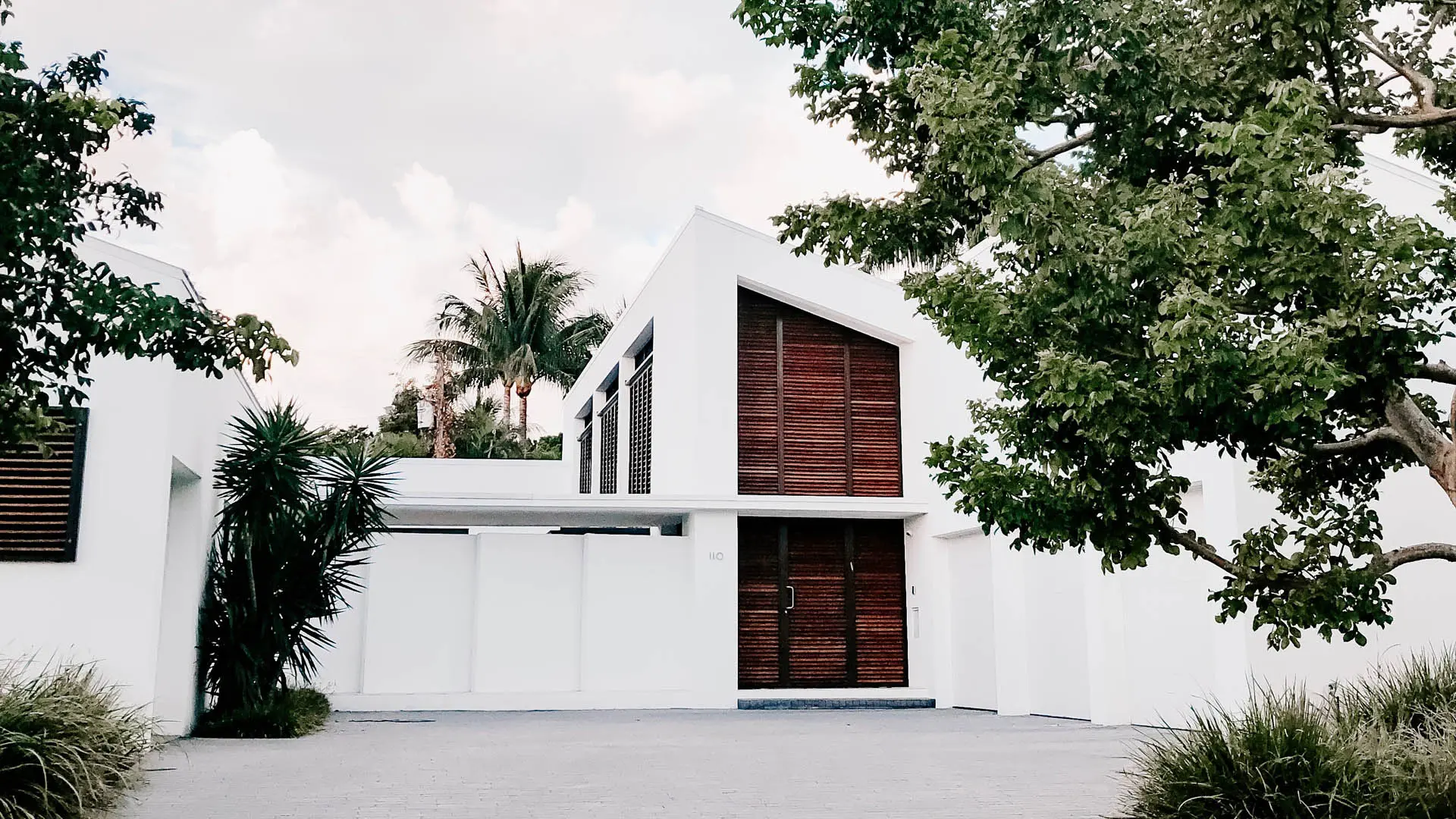This article is part of our Real Estate Articles collection and relates to our Real Estate Law services. It is provided for informational purposes only, does not constitute legal advice, and does not create an attorney-client relationship. Please review our Legal Disclaimer or schedule a complimentary consultation for guidance specific to your situation.
Florida’s homestead laws affect a wide range of important issues, from property taxes, to creditor protection to inheritance rights. And while it is commonly known that qualifying for homestead protection is highly beneficial, once qualified, automatic transfer restrictions attach to the property.
Violation of these restrictions may lead to a transfer being negated or the owner of the property being disqualified from various protections.
Therefore, it is imperative that every homestead property owner is aware of the following:
(1) what property qualifies as a homestead,
(2) the benefits associated with the homestead and,
(3) restrictions placed on homestead property.
Speak with Attorney Anila Rasul About Your Florida Real Estate Matters
What exactly is Homestead Property?
According to the Florida Constitution (Art. X, § 4, Fla. Const.), homestead is property owned by an individual as that person’s residence that includes up to 160 acres of contiguous land/improvements if the property is located outside a municipality or one-half acres of contiguous land if the property is located within a municipality.
Therefore, to qualify as a person’s homestead, the property must meet these size requirements and must be used as the owner’s or the owner’s family’s main residence.
As the constitutional provision is liberally applied, homestead status may apply to various types of properties such as mobile homes, long-term leases in a condominium, a life estate, co-op apartments and even a boathouse!
However, as this determination is made on a case-by-case basis and homestead laws provide various types of protection, conflicts may arise as to whether a particular property is in fact considered homestead in a given circumstance.
For example, co-op housing may be considered homestead for creditor protection within a bankruptcy, but not for purposes of the restriction on descent and devise.
Since Florida’s homestead laws are constantly evolving, it is advisable to consult an attorney to determine if the subject property clearly qualifies as homestead.
Residential Requirements for Homestead Property
In addition to the acreage requirements, Florida’s homestead laws also contain a residence requirement in that the property must be the main residence of the owner or the owner’s family.
While this determination is a fact-based one, generally, to meet this requirement the owner must be a Florida resident and have actual intent to remain in Florida on a permanent basis. For further information on how one may establish permanent residency in Florida, take a look at our recent article here.

What exactly is a Protected Homestead?
Protected homestead status refers to a property’s status as homestead property at the time of the homeowner’s death.
According to Art. X, § 4(a)(1) of the Florida Constitution, it is a property that passes to the surviving spouse or heirs of an owner upon her/his death.
Therefore, to be a protected homestead, the property must be both the owner’s homestead property prior to death and also pass to the decedent’s spouse or heirs upon death. This status implies that the property is not considered an asset of the decedent’s probate case and it retains any creditor protection afforded to the property while the owner was alive.
If it is determined that the property does not qualify as a protected homestead, then the property is subject to being liquidated to satisfy the homeowner’s pre-death debts and obligations.
Benefits and Restrictions of Homestead Status
In Florida, there are three main consequences to homestead property.
While the two benefits are the property tax benefits and the creditor protection, the main restriction is in relation to the alienation of the property during the homeowner’s life and ability to devise upon death.
Property Tax Benefit
Florida law provides for both a tax exemption to homestead property, as well as, the “Save our Homes” cap, which limits an increase in the annually assessed value of homestead property to a maximum of 3%.
Under the Florida Constitution, Florida homeowners may receive up to $50,000 in homestead exemptions of which the first $25,000 is exempt from all property taxes and the additional $25,000 is available for non-school taxes.
Creditor Protection Benefit
Homestead property is exempt from claims made by the homeowner’s creditors. Creditors, other than those directly related to the subject property, may not force the sale of the property to satisfy a homeowner’s debts during the homeowner’s lifetime. Further, upon the homeowner’s death, the property remains protected from creditors if the property passes by law to the homeowner’s spouse or heirs.
One must be aware, however, of the several exceptions to the homestead creditor protection. This protection will not apply if the property exceeds the acreage limitations, the property is sold (in certain cases), if the homeowner files for bankruptcy, the property does not pass to a spouse or heir upon the death of the homeowner, or the homeowner’s will overrides the homestead protections.
Additionally, the homestead protection will not apply to the payment of taxes and assessments on the subject property, obligations contracted for the purchase, improvements or repair of the subject property and obligations contracted for labor performed on the subject property.
It should be noted, however, that Florida does not recognize waivers of homestead creditor protection by a homeowner in favor of a creditor, as it is seen as against public policy and void.
Restriction on Alienation
Restrictions apply to the transfer of homestead property both during the lifetime of the homeowner and after death.
However, the transfer of homestead property during the lifetime of the homeowner is easier to accomplish since it may be accomplished by obtaining the spouse’s waiver or joinder.
Homestead property may be transferred outrightly, in a trust or into joint ownership, as long as that transfer follows Florida laws regarding transferring homestead property.
Property not transferred during the homeowner’s lifetime must be properly devised by the homeowner or it will be passed on according to proper law.
Homestead Laws in Florida FAQs
What qualifies as homestead property in Florida?
What are the benefits of Florida homestead status?
Can homestead property be transferred in Florida?
How do homestead laws affect inheritance in Florida?
Do homestead protections apply in bankruptcy?
Not always. Certain exceptions apply—like bankruptcy, improper inheritance, or exceeding acreage limits—that can cause a loss of homestead protections.
Is creditor protection automatic for Florida homestead property?
Can mobile homes or co-ops qualify as homestead?
Conclusion
Given the various ways in which having property obtain homestead status can benefit Florida homeowners, it is imperative that one consults with a qualified and knowledgeable attorney when considering whether to apply for homestead protection, transfer homestead property or when preparing estate planning documents.
Contact us at ASR Law Firm to learn how we can assist you in making the most beneficial decisions regarding your homestead property.
About the Author
Anila S. Rasul is the founding attorney of ASR Law Firm, where she helps Florida individuals and businesses protect what matters most. With over 15 years of legal experience, Anila specializes in estate planning, business formation, and asset protection.
She is dedicated to offering clear, actionable legal guidance and takes pride in building lasting relationships with her clients.
Explore Anila’s legal background or connect with her on LinkedIn.




